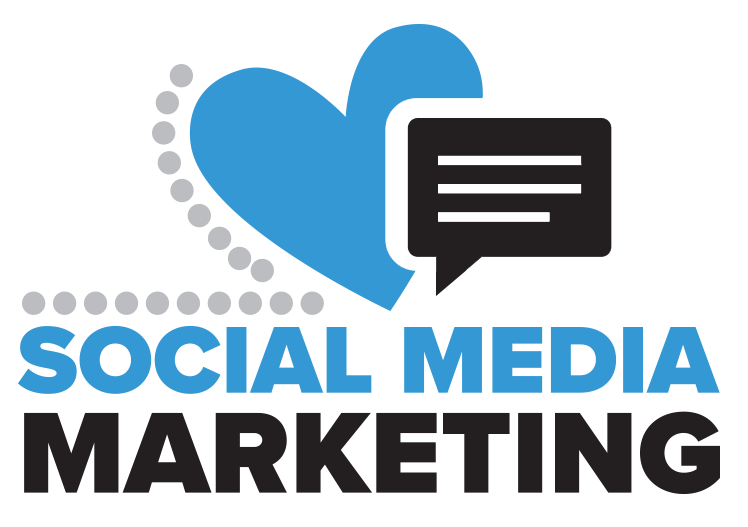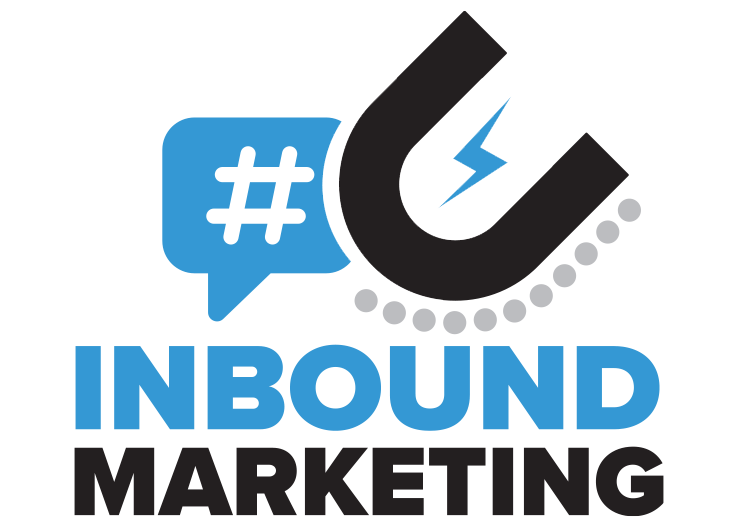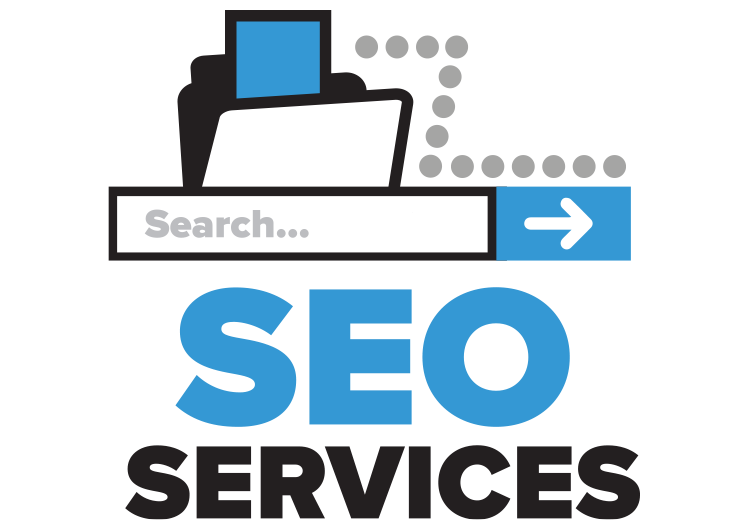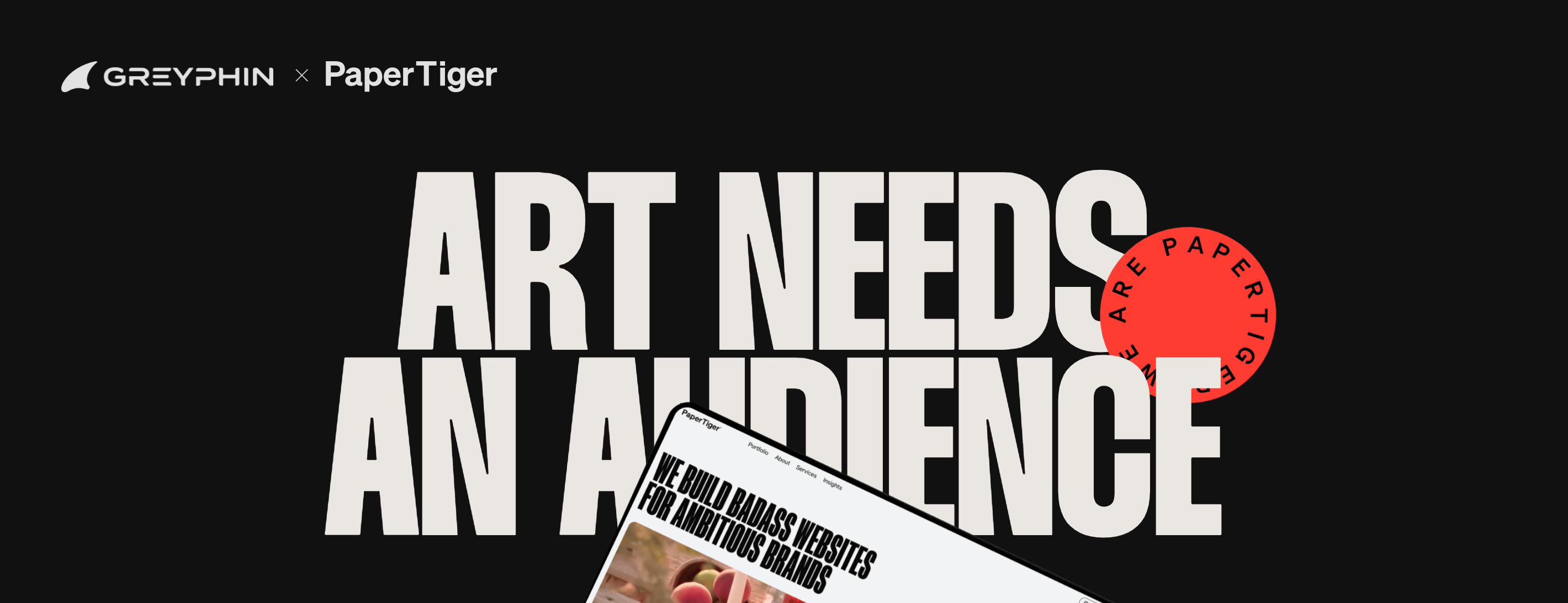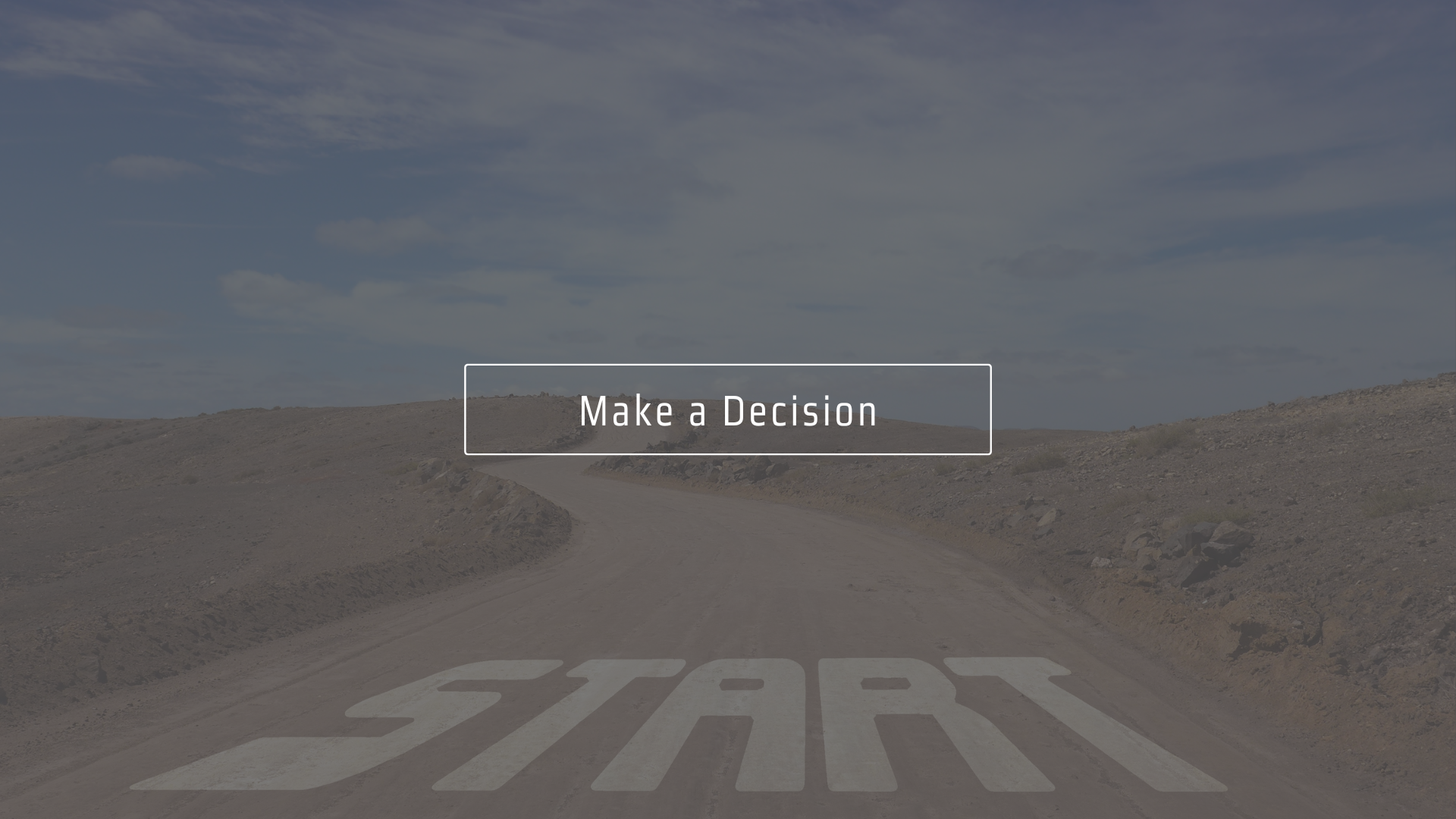
What a title, right? How are we going to support a claim like “ethical decision-making begins in the marketing department?” You’ll just have to read to find out.
During a creative meeting yesterday, we agonized over one, small design choice. It was a simple line. Three words. But we stressed over it for at least 20 minutes, discussing size, color, font, and arrangement because in this instance, we knew the success of a campaign was riding on this decision. One tiny design change, like putting the words in a little bubble, could make the difference between attention, clicks, traffic, sales, and general campaign success, or failure. No pressure, right?
Marketers are trained to know the strategic importance of decisions like this. We identify them and stress them because we know the difference they make in the long run. And at Greyphin we take our responsibility to deliver in these moments seriously because we know it’s our reputation on the line, and more importantly, it’s the reputation and success of each of our clients as well. Small decisions, big risks.
But here’s the thing. It’s not just our design choices that have this snowballing impact on our clients. It’s all of our choices. Every decision.
The word “decision” comes from the same root as “incision,” indicating some kind of cut. When faced with a choice, we have pathways to possible futures sprawling in front of us. Our decision cuts away many of those potential paths and brings one into existence. In this way, marketing agencies shape the future of every company and client they produce for.
And in marketing, our decisions cut deep. As the world looks on at the success or failure of each campaign, each client or business, the world changes. Other businesses take note and adjust accordingly. Strategies and campaigns are developed to replicate or avoid certain outcomes. The butterfly effect produces a different situation than we initially entered.
So what does this have to do with ethics?
Situational ethics are often complicated, but the core concept is not. Thinking about ethics just means thinking about our decisions and actions, large and small. It means thinking about the path that we make real when we ignore that email, or dress-up those numbers, or choose one strategy over another. Ethics means paying attention to the impact of what we do. When we pair that with the previous understanding that what we do has a pretty huge impact on the future, that’s what we mean when we say “ethical decision-making begins in the marketing department.” We mean that we have the ability to make the changes we wish to see in the world, that if we wish to see a future with more ethical decision-making, it’s on us right now to make that change.
So what potential futures are you putting out into the world? What kind of impact are your decisions having? What, per se, is your marketing ethics IQ?
Enjoying philosophizing about how important marketing is? (I mean, it does make the job feel so much more cool, right?) Check out our other ethics blogs.


